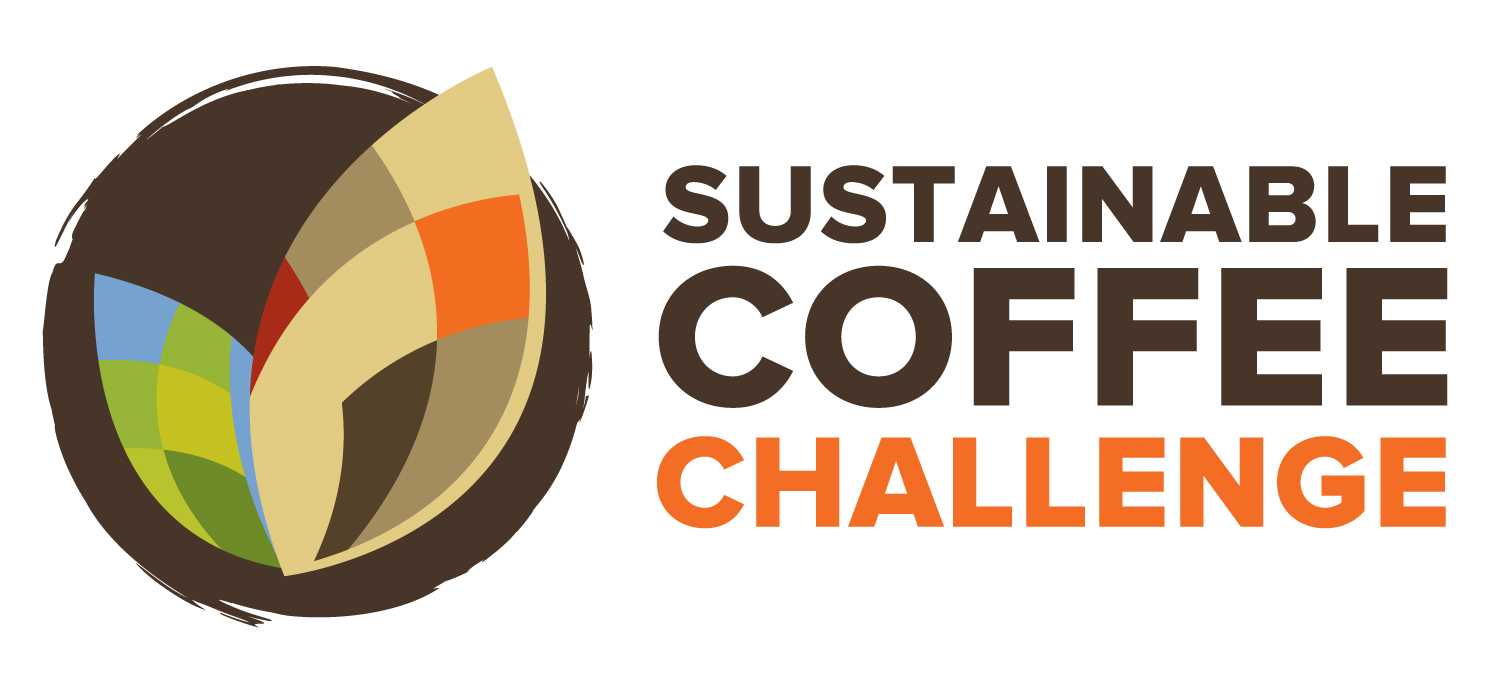ARLINGTON, Va., U.S. – The Sustainable Coffee Challenge today announced 14 new partners: Swiss Coffee Trade Association, Aldi South Group, Mountain Harvest, SNV, Gorongosa Coffee, Touton, Coffee Association of Canada, Food 4 Farmers, Elements Coffee, Reily Foods, Redstart Roasters, Cafe Vittoria, Arbor Day Coffee and Streamliners Espresso Bar.
These partners join the Challenge’s mission to make coffee the world’s first sustainable agricultural product and are among 150 partners, including corporations, governments, NGOs and research organizations.
The newest partners have made a range of commitments to support the goals of the Challenge. Examples include:
- The Swiss Coffee Trade Association will leverage the Challenge’s resources to educate its own members, which account for more than 50% of globally traded green coffee, to address the impacts of coffee growing on climate change, limit deforestation and develop a sustainable environment for coffee growers.
- The ALDI SOUTH Group recognizes the human rights and environmental challenges that are associated with growing and sourcing coffee. The company is committed to change this situation by stimulating fair working conditions for farmers and workers and ensuring environmentally friendly production of coffee. It strongly believes that long-term collaboration and joint initiatives across the global coffee sector are essential to generate the greatest impact on the ground.
- Touton is exploring innovative partnerships, based upon its extensive experience with cocoa sustainability programming, to aid coffee farmers in developing additional income generating activities from on-farm and off-farm activities, such as crop diversification and services. It is also exploring involvement in conservation and climate adaptation through agroforestry in line with the Challenge’s 5-year strategy.
- The Coffee Association of Canada (CAC) is committed to educating its members about the Challenge through its member e-newsletter and conference, and externally through its website and social media channels. It encourages collaboration and involvement to tackle the obstacles facing the coffee sector.
- Reily Foods is engaging in coffee farm renovation and rehabilitation via its own Sustainable Cup Program to provide farmers with technical assistance and drought and disease-resistant seedlings. It has also committed to a 95% companywide waste diversion by 2025, a 20% reduction in greenhouse gas emissions per unit of product by 2025 and a 5% reduction in purchased water per unit of product.
- SNV has committed to help 1500 K’ho farmers vulnerable to climate change impacts on coffee production and coffee price shocks and trends in the Lang Biang Biosphere Reserve in Vietnam, a national park and buffer zone. SNV will introduce sustainable agriculture practices to one of the few arabica producing regions in the country.
- Gorongosa Coffee is working with new coffee farmers to implement sustainable and equitable green bean production from the outset. They plant native rainforest saplings alongside coffee plants in areas that were previously deforested to begin to bring back rainforest canopy. Gorongosa Coffee plans to share this model and best practices with other Challenge partners.
“It’s wonderful to reach this milestone of 150 partners working towards our collective vision of making coffee the world’s first sustainable agricultural product,” said Bambi Semroc, Acting Head of the Center for Sustainable Lands and Waters at Conservation International. “Having sectors come together in this way is essential for not only securing our long-term supply of coffee, but more importantly for improving the livelihoods of coffee producers and conserving the nature that sustains us all.”
“We have collaborated for quite some time with the Challenge on the questions of climate change in coffee, the future supply security and diversity of origins and taste profiles,” said Nicolas A. Tamari, President of the Swiss Coffee Trade Association. “We feel that only joining forces across the entire supply chain will drive the expected impact on the ground and help coffee producers to implement sustainable, long-term change.”
The Sustainable Coffee Challenge, conceived by Conservation International and Starbucks and launched during the Paris climate meetings in 2015, is uniting players from across the coffee industry – growers, traders, roasters, retailers, governments and NGOs. It works to stimulate greater demand for sustainable coffee while forming partnerships to find and scale up programs promoting improved livelihoods, nature conservation and a continued coffee supply.
The Sustainable Coffee Challenge engages in collaborative efforts with its partners across four networks to achieve its mission: scaling up sustainable sourcing; farm renovation and rehabilitation; improved labor practices and supply and mapping and monitoring of coffee and forests.
To join as a partner, contact Valerie Beard, Manager, Sustainable Coffee at vbeard@conservation.org.
About Conservation International
Conservation International works to protect the critical benefits that nature provides to people. Through science, partnerships and fieldwork, Conservation International is driving innovation and investments in nature-based solutions to the climate crisis, supporting protections for critical habitats, and fostering economic development that is grounded in the conservation of nature. We work in 30 countries around the world, empowering societies at all levels to create a cleaner, healthier and more sustainable planet. Follow Conservation International’s work on Conservation News, Facebook, Twitter, Instagram and YouTube.
About the Sustainable Coffee Challenge
The Sustainable Coffee Challenge convenes, unites and urges the coffee sector and conservation partners across the industry to spur the actions and investments necessary to make coffee the first sustainable agriculture product in the world. The Challenge is committed to stimulating demand for sustainable coffee across the value chain, from the policymaking level to the final consumer. By encouraging demand for sustainable coffee, it leads to investments that enable the transition to a sustainable production and ensuring the coffee we drink is a sustainable product.


















